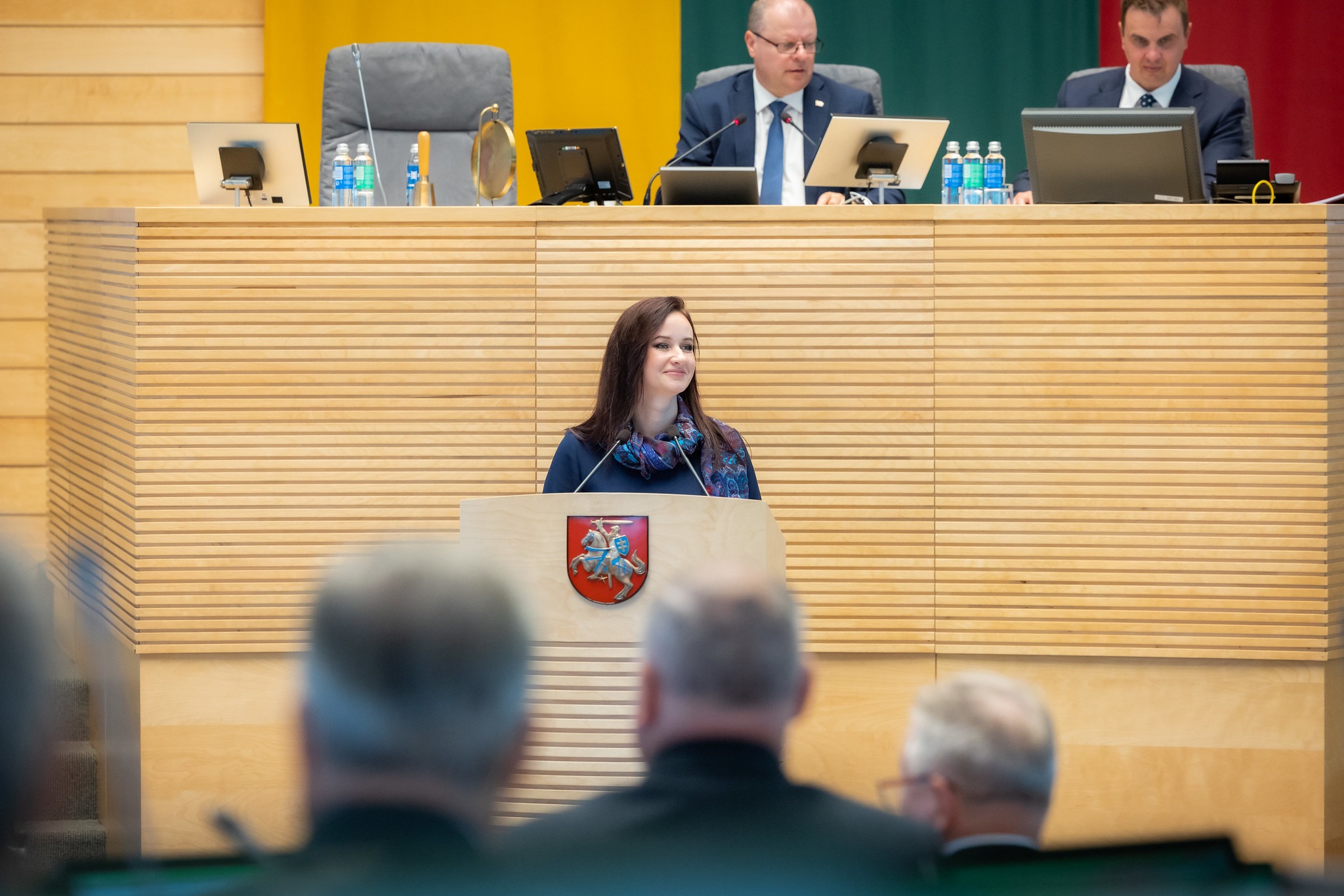
Main narratives:
- Discrediting Ukraine and its effort to win the war;
- The incompetence of the current government;
- Anti-support for Ukraine;
- General anti-government sentiments.
Overview:
Over the past week, Kremlin-aligned media operating in Lithuania heavily amplified discussions surrounding a meeting between Donald Trump and Vladimir Putin in Alaska. The event in this specific media was turned into an argument against supporting Ukraine: headlines like “Why Zelensky’s supporters fear peace” implied that the Ukrainian leadership is unwilling to end the war and save lives. The repeated message was blunt: “The so-called war hawks demand more bloodshed”.
The war in Ukraine was also discussed through a domestic lens, with narratives claiming that in Kyiv, mothers and wives are crying out for truth as their sons vanish at the frontlines, while the government allegedly maintains a wall of silence. Kremlin-aligned outlets pushed anti-Ukrainian sentiment by portraying the war as driven by financial motives rather than genuine defense.
In parallel, local political developments in Lithuania became a target. Public concern over the newly proposed Prime Minister, Inga Ruginienė, was mocked. Comments from certain politicians and political analysts expressing hesitation were turned against them, particularly targeting the Conservatives, who are often criticized in pro-Kremlin media. Narratives suggested that only conservatives take issue with Ruginienė, urging them to look inward instead of casting blame.









